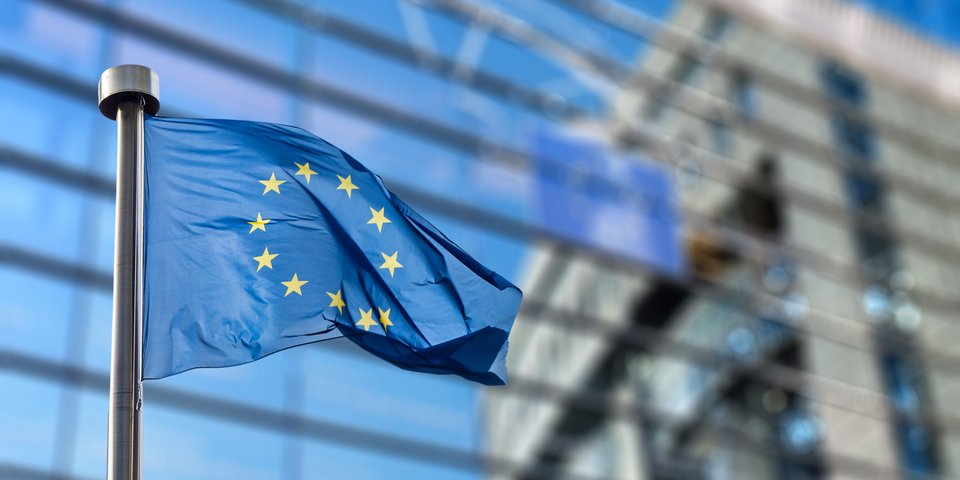 artJazz
artJazzCOVID-19: Heads of State and Government coordinate measures
Action by Member States to be based on five strands.
RB – 04/2020
The COVID-19 pandemic is creating an unprecedented challenge for the EU
and the world. Fast,
targeted and comprehensive action at EU, national, regional and local levels is therefore needed to address this challenge.
Due to the dynamic development of the corona pandemic in Europe and the
impact this is having on the Member States, the European Council held an extraordinary
video conference on 26 March
2020. The aim was to coordinate
as effectively as possible the actions of the Member States with the EU
institutions and between governments.
The leaders of the Member States agreed to base their actions on the following five strands:
Limiting the spread of the virus
Member States had already put in place their own measures to contain the spread
of the virus. In addition, measures to protect the EU’s external borders were temporarily intensified. Currently, entry
is only allowed for eessential travel. An extension of these measures will be decided on a case-by-case basis.
Within the EU’s internal
borders, people should be able to return to their home country as soon as possible, and there
should be smooth border management for goods.
Providing medical equipment
The provision of personal protective equipment (PPE) to healthcare workers in the EU is
currently the most pressing priority. The leaders of the Member States called on the European Commission to identify ways to speed up the joint
procurement of PPE, ventilators and tests. The European Commission will start
by increasing the budget for the strategic rescEU stockpile of medical equipment (including for
intensive care), vaccines and medicinal products (as of 17 April 2020: €380
million).
Promoting research
€140
million have already
been allocated to 17 research projects, including projects to develop a
vaccine. In a joint statement, the leaders of the Member States advocated a European and global collaborative
approach to vaccine research and development. This vaccine should be developed
in the shortest possible time and be available globally.
Tackling socio-economic consequences
The leaders pointed out that far-reaching measures to support the economy and mitigate
social problems had
already been put in place.
However, Member States need enough flexibility to be able to implement these measures. Using the escape clause of
the Stability and Growth Pact is a major step forward. The
Commission’s proposal for a Coronavirus Response Investment Initiative will provide €37 billion from the Cohesion
Fund to counter the
effects of the crisis.
Helping citizens stranded in third countries
Further efforts will be made to return EU citizens to Europe who are stranded in third
countries. The European Commission will provide guidelines on facilitating the transit
of repatriated EU citizens in an addendum to the
Border Management Guidelines.
Learning from the crisis
While combating the pandemic is currently the number one priority, it was suggested that post-crisis
measures should be prepared. The normal functioning of stable European societies and economies requires
a coordinated exit strategy,
a comprehensive recovery plan and an unprecedented investment
package.
There must
also be reflection on the resilience of society to these type of crises. Consideration
should be given to establishing a far-reaching crisis management system in the
EU.
